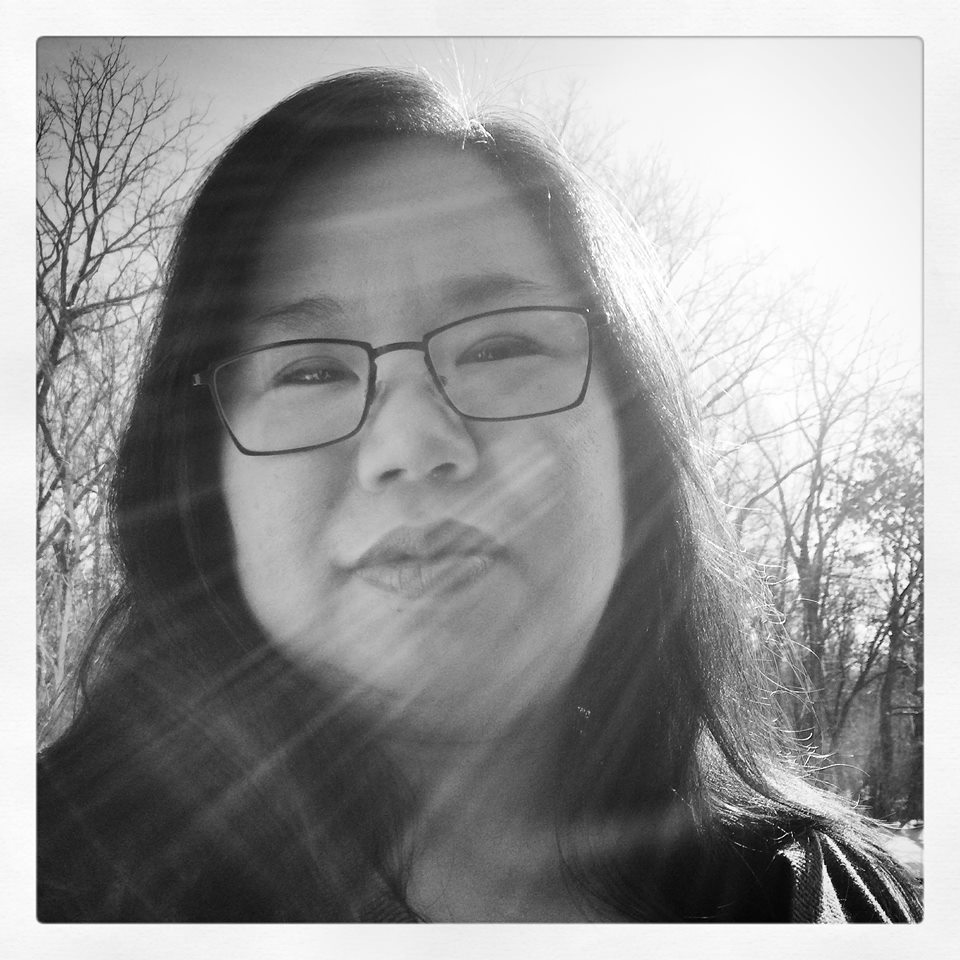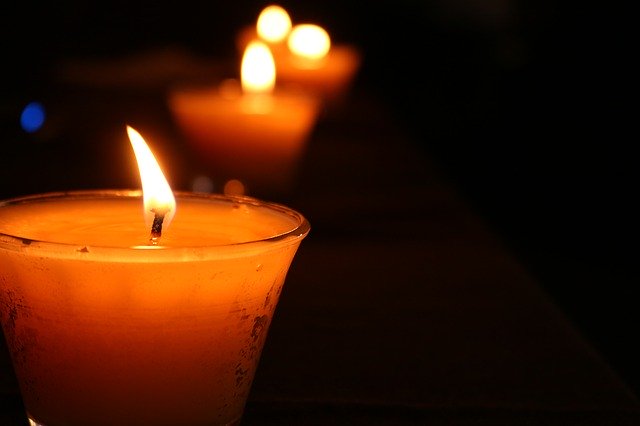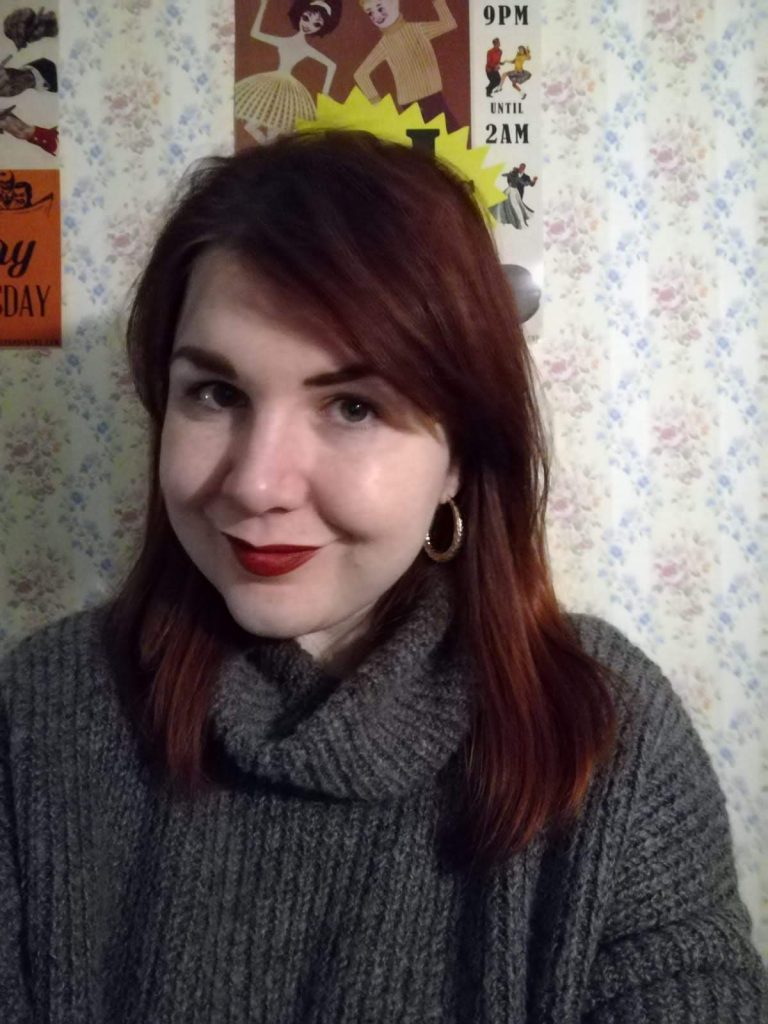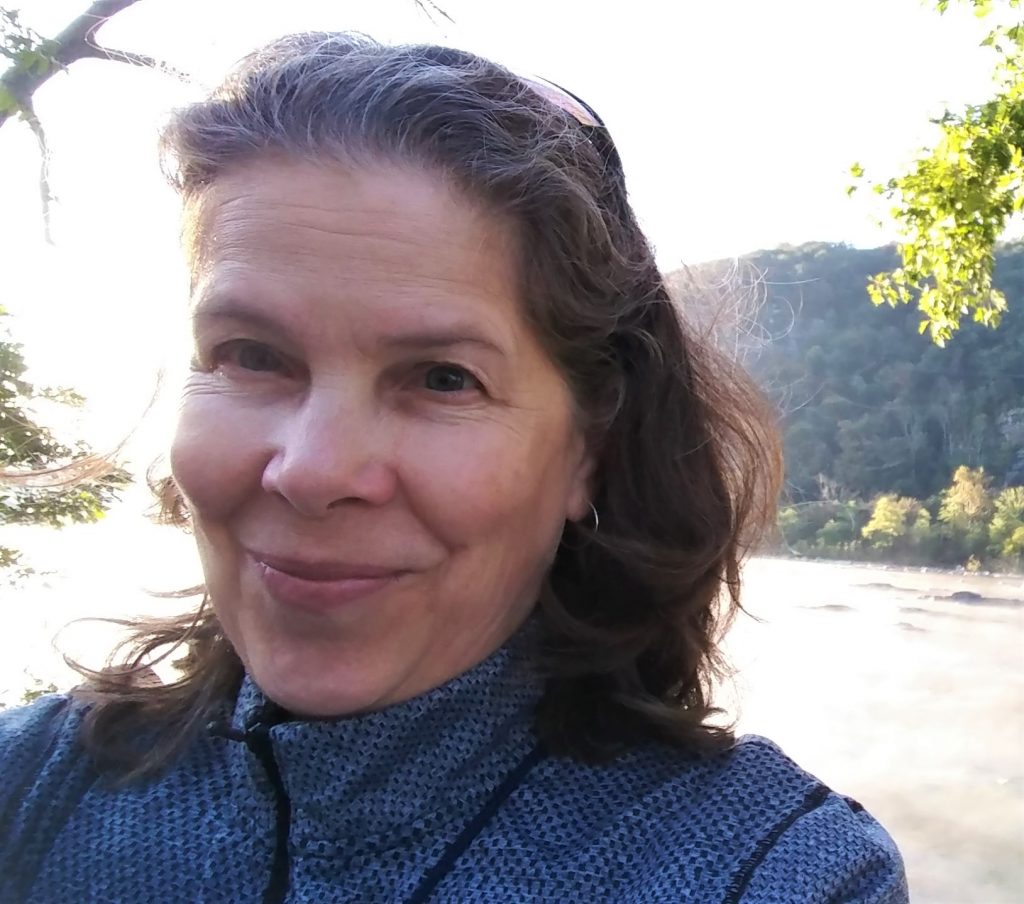Listen to Sayuri Ayers read her essay, “Field.”
“Hey, sister.” Sean leans in, his eyes glazed with Haldol. “I hold gardens of eternal life in my hands.” I nod. It’s another day in group therapy. If we don’t attend, they will hear about it, and there would be no dinner seconds, no sodas, no popsicles. Every day I pledge allegiance to pillboxes and self-care, just as long as they don’t prescribe meds that make me a slack-jawed shell.
I am one of the lucky ones. When the blackness eases out of me, I will be released, maybe after two weeks. Lifers like Sean will always drift in and out of these corridors. Now he shoulders a white robe, his face brilliant under the florescent glare.
Before dinner, I pace the lavender rec-room. Beatrice sobs in a worn recliner. Soon, they’ll wheel her up again to fifth floor for ECT. Beatrice’s eyes are bruised hollows, her hands—cupped lilies straining for light. She sways against a whorl of darkness.
I remember Wyeth’s painting of the girl prostrate in a field. She claws at the earth, craning towards the houses on the hill. I wonder what the people in the houses are doing: frying bacon on cast iron skillets, ironing shirts while the girl is swallowed up by tawny grasses.
The meal cart rattles through the Plexiglassed doors. Mounds of green beans and stringy chicken slosh on plates. Someone plinks Amazing Grace on the piano until an orderly locks the lid. I weep into my dinner.
Bolted to ceiling, the television weatherman motions to pleats of red, orange, and blue surging from the edges of the screen. Outside the city limits, storms loom over a savage field.
 Sayuri Ayers is from Columbus, Ohio. The daughter of immigrants, her work explores identity, mental health, and motherhood. Her prose and poetry appear in Entropy, SWWIM, Hobart, The Pinch, and other literary journals. She is the author of two chapbooks: Radish Legs, Duck Feet (Green Bottle Press) and Mother/Wound (forthcoming from Full/Crescent Press.) Sayuri is a Kundiman Fellow and Soaring Gardens Resident. In 2020, she was awarded the Ohio Arts Council Individual Excellence Award for creative nonfiction. Please visit her at sayuriayers.com or follow her on Twitter @Urban_Lily.
Sayuri Ayers is from Columbus, Ohio. The daughter of immigrants, her work explores identity, mental health, and motherhood. Her prose and poetry appear in Entropy, SWWIM, Hobart, The Pinch, and other literary journals. She is the author of two chapbooks: Radish Legs, Duck Feet (Green Bottle Press) and Mother/Wound (forthcoming from Full/Crescent Press.) Sayuri is a Kundiman Fellow and Soaring Gardens Resident. In 2020, she was awarded the Ohio Arts Council Individual Excellence Award for creative nonfiction. Please visit her at sayuriayers.com or follow her on Twitter @Urban_Lily.


 Jennifer Brough is a writer, editor and avid reader. Outside of these wordy pursuits, she is learning Spanish and dreaming of Mexico. Her poems and short stories have been published in Eunoia Review, Pussy Magic and Mookychick, among others. She tweets
Jennifer Brough is a writer, editor and avid reader. Outside of these wordy pursuits, she is learning Spanish and dreaming of Mexico. Her poems and short stories have been published in Eunoia Review, Pussy Magic and Mookychick, among others. She tweets 
 Adrienne Pilon is a writer, teacher and traveler. Her work can be found in Scary Mommy, Full Grown People, The Furious Gazelle and elsewhere. She currently serves as associate editor at BoomerLitMag. She lives with her family in North Carolina.
Adrienne Pilon is a writer, teacher and traveler. Her work can be found in Scary Mommy, Full Grown People, The Furious Gazelle and elsewhere. She currently serves as associate editor at BoomerLitMag. She lives with her family in North Carolina.